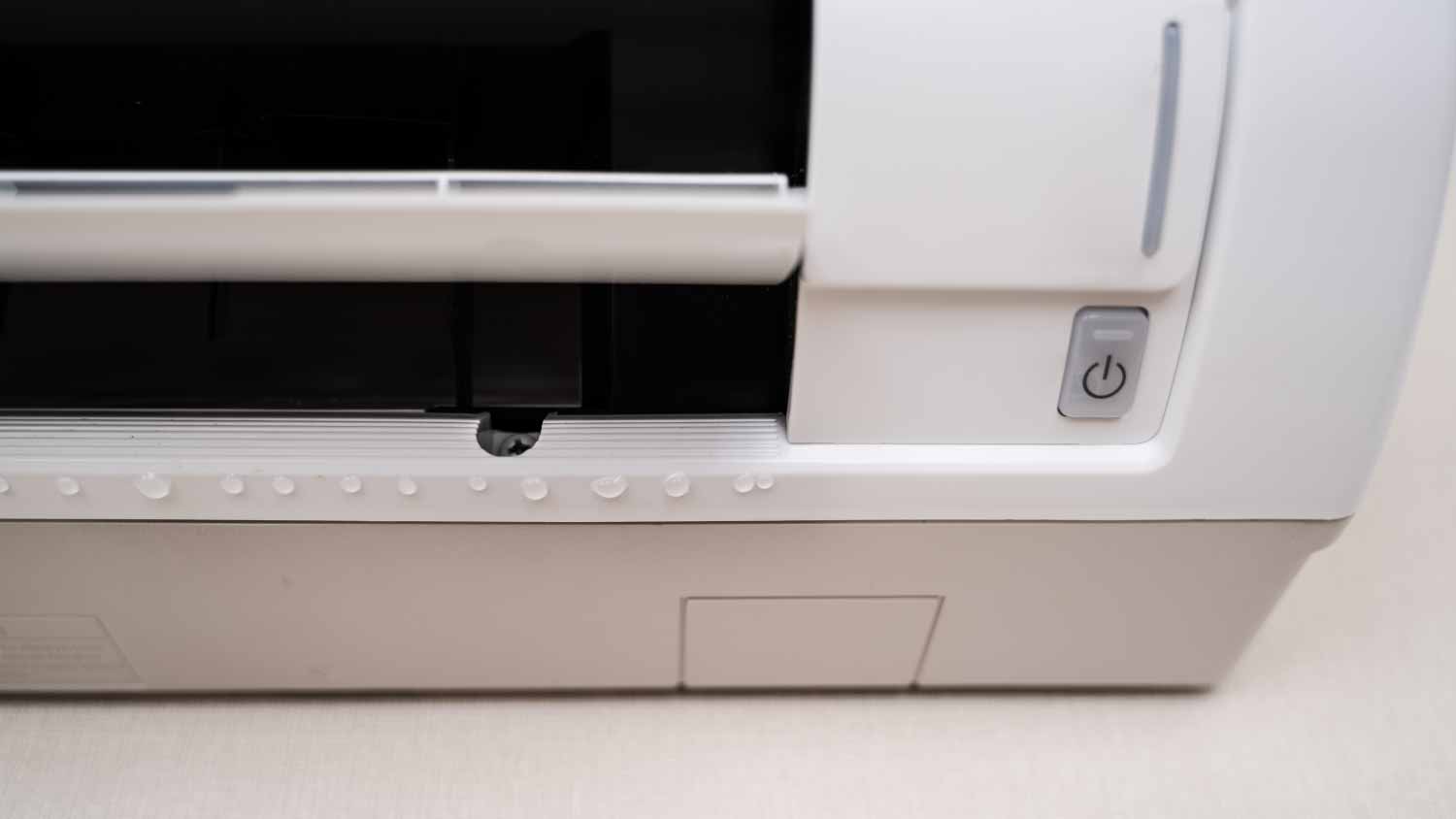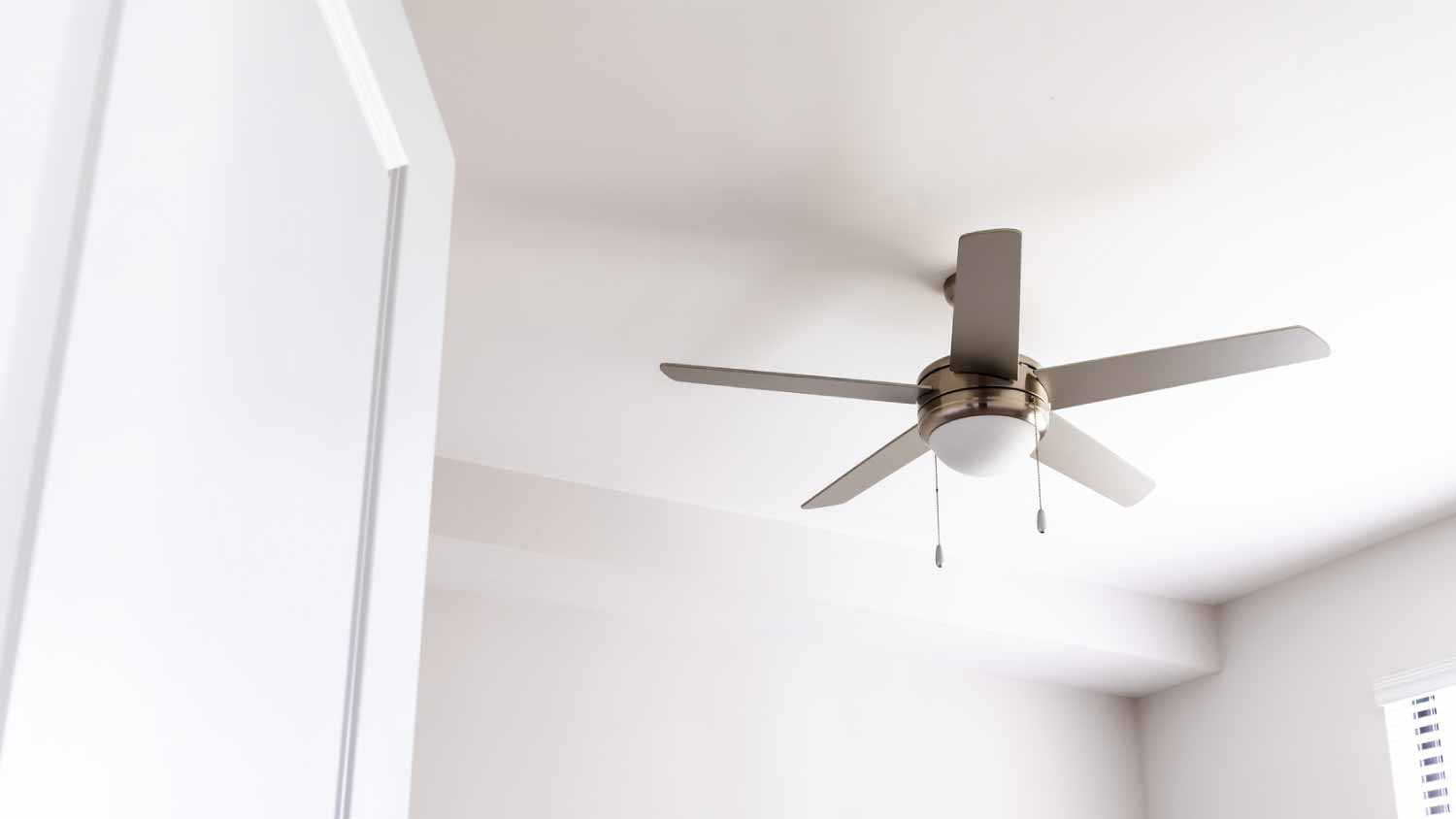Do Air Conditioners Use Water? They Don’t, So Here’s What That Puddle Is
Something’s amiss if you see a puddle near your AC unit


Central air conditioners don’t use water.
Puddles around an AC unit are often caused by condensation.
A leak around your AC unit could be a sign it needs maintenance or repair.
In the heat of the summer, you may have noticed a puddle of water near your air conditioner. But do air conditioners use water? Central air conditioning systems aren’t hooked up to a water line and do not use water to operate. That puddle could be caused by condensation, a refrigerant leak, or something else. Learn more about how your air conditioner functions, common reasons for puddles near your unit, and when it’s time to call a pro to service your air conditioner.
How Do Air Conditioners Work?
Air conditioning is part of your home’s heating, ventilation, and air conditioning system (commonly referred to as an HVAC system). AC units remove heat from the air inside your home and pump it outside.
Central AC units don’t use water but instead use a liquid called refrigerant which helps cool the air inside and transfer heat outside.
Here’s the air conditioning process:
Warm indoor air is drawn in from the air ducts and blows over the cold evaporator coils full of refrigerant. The refrigerant absorbs heat from the air; this cools the air inside your home and turns the refrigerant from a liquid to a gas.
The refrigerant travels to the compressor and then the condenser, both located outside your home. During this process, the refrigerant releases the heat it absorbed inside your home. The heat is absorbed by the outdoor air, and the temperature of the refrigerant goes down until it returns to a liquid state.
The liquid refrigerant travels back to the evaporator inside your home, and the cycle continues.
Why Is There a Puddle Around My AC Unit?

Air conditioners may not use water, but you may notice a puddle of water near your unit from time to time. Here are the most common explanations why your AC has a puddle nearby:
Condensation
By removing heat from the air inside your home, your AC unit also removes humidity in the air. As the hot air passes through the AC’s coils, some condensation may be left behind. Units have a drain pan to collect this condensation, but if the pan isn’t correctly aligned or humidity levels are particularly high in your home, you may notice a small puddle of water near your AC.
Ice Melt
If your air conditioner has a dirty filter or has issues with the fan, this could cause the evaporator coils to freeze. As the ice melts, it can lead to water leaking from your unit. A refrigerant leak can also cause this issue.
Incorrect Installation
If your air conditioner was incorrectly installed and components aren’t lining up right, the unit may not be able to effectively cool the air or drain condensation, leading to leaks and puddles.
Older Unit
As air conditioners age, parts and components may wear out, leading to small leaks around the unit. An older system may have degraded seals or a clogged condensate line. If your unit is 20 years old or more, thoroughly check on each part to see if old, corroded materials are causing the puddle.
When to Call For Air Conditioning Repair
Some air conditioning problems are simple enough to fix on your own, such as changing a dirty filter or cleaning condenser coils. However, more serious issues such as ice in the unit or a faulty blower motor means it’s time to call an air conditioning pro near you to handle the issue.
To prevent future problems and prolong your AC unit’s life, do regular maintenance for your air conditioner, such as cleaning coils and the condensate pump and clearing away debris. But if you’d prefer to have an expert eye on your unit, schedule a yearly maintenance checkup from a pro to stay on top of it. Most air conditioning units should last between 10 and 20 years with regular maintenance.





- Furnace Repair
- Air Conditioning Repair
- HVAC Repairs
- Furnace Installation
- Wood & Pellet Stove Repair
- Dehumidifier & Humidifier Repair
- Heat Pump Companies
- Swamp Cooler Repair
- Wood Stove Services
- HVAC Companies
- Commercial A/C Repair
- Geothermal Installation
- Air Conditioning Installation
- Boiler Repair
- 24 Hour Furnace Repair
- Geothermal Repair
- Heat Pump Repair
- Humidifier Installation
- Thermostat Repair
- Thermostat Installation
- Nest Installation
- Heating & Cooling
- Heating Repair
- Furnace Cleaning
- Furnace Tune-Up
- HVAC Technicians
- Subcontractors
- Furnace Maintenance
- Plumbing & Heating Companies
- Wood Stove Inspection
- Mini Split Installation
- Wall Heater Repair
- Duct Installers
- 9 Types of Air Conditioners: Pros, Cons, and How to Choose
- The Best Time to Buy an Air Conditioner
- 7 Common Mini Split Low Refrigerant Symptoms and Signs
- Signs of AC Freon Leaks and What You Should Do
- Central Air vs. Window Units: What’s the Difference?
- Why Is My AC Pan Full of Water? 5 Likely Culprits
- Condensation on Ductwork: Causes and Potential Solutions
- Breathe Easy: 10 Tips for Improving Your Indoor Air Quality
- 4 Reasons There’s Air Coming Out of Vents When the AC Is Off in Your House
- Forced-Air vs. Central Air Systems: How Do They Compare?










